Shopify app
Overview
The seamless one-click Shopify app integration allows you to sync all your historical and real-time data, so you can stay on top of every interaction people have with your site. With our automated email and SMS messaging, your customers will hear from you when they want (and ought) to be. And that means more revenue for you.
There are two ways to get started with Intempt’s Shopify integration:
- Sign up to Intempt through Shopify
- Log in to Intempt and start using Intempt with the Shopify source already created
Add the Intempt integration
From the Shopify app store search for the Intempt app.
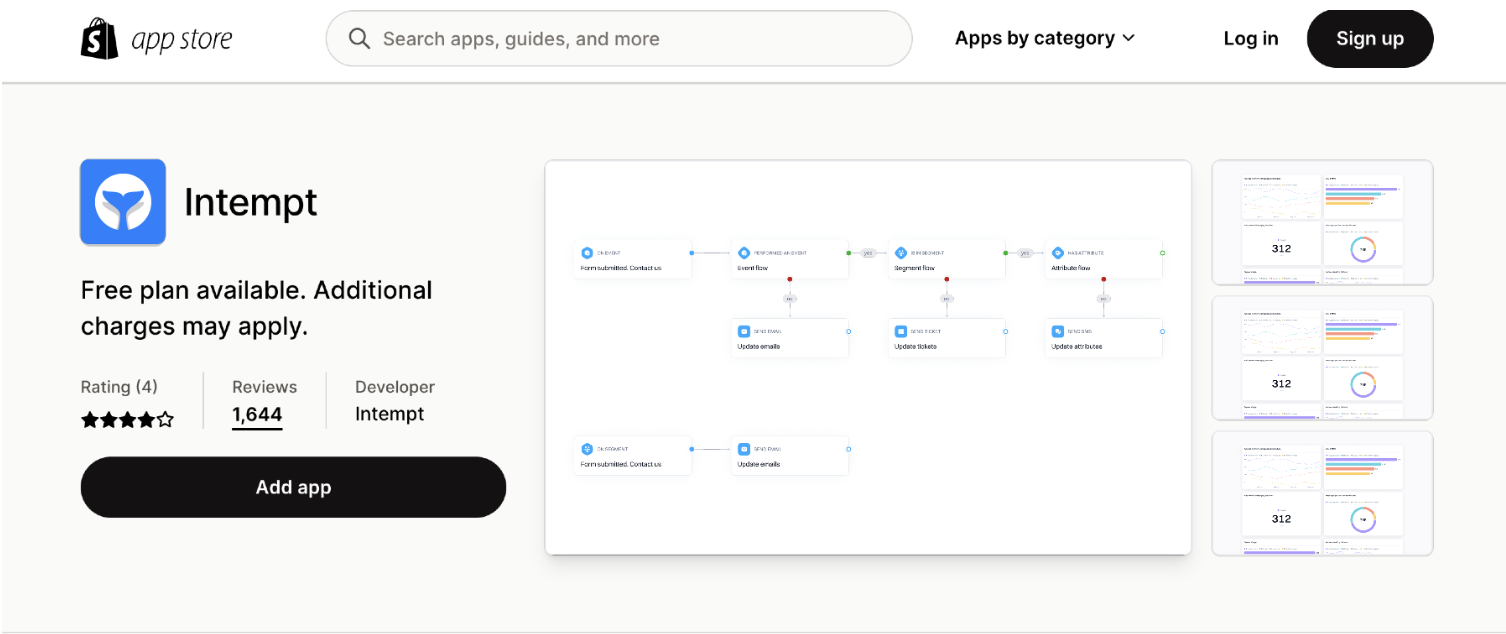
Click on the Add app button. You will be prompted to log in to your Shopify account. After successful login, you will be directed to the installation screen of the app in your Shopify account. Click on the Install app button to proceed with the installation.
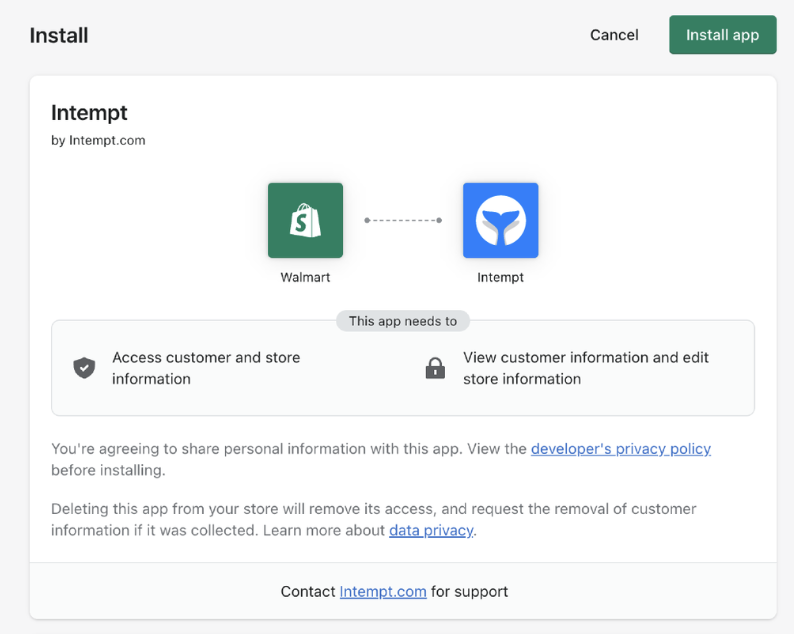
Logging in to Intempt
After clicking on the Install app button, you will be redirected to Intempt where you will be asked to log in. Once the successful login has been granted, you will be to access the already created Shopify source in your Project with the populated data. Additionally, you can also access the Publicly available Shopify-based Journey and Growth board templates.
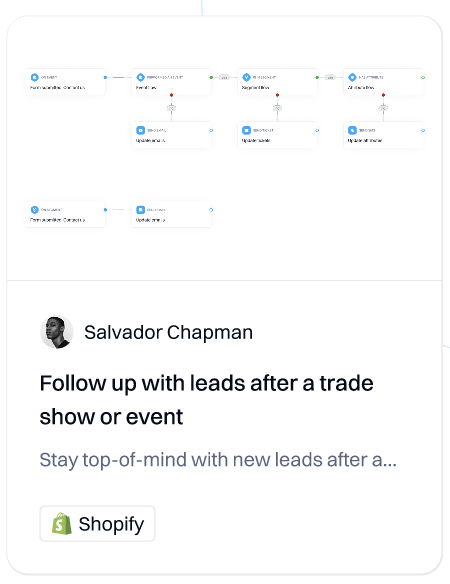
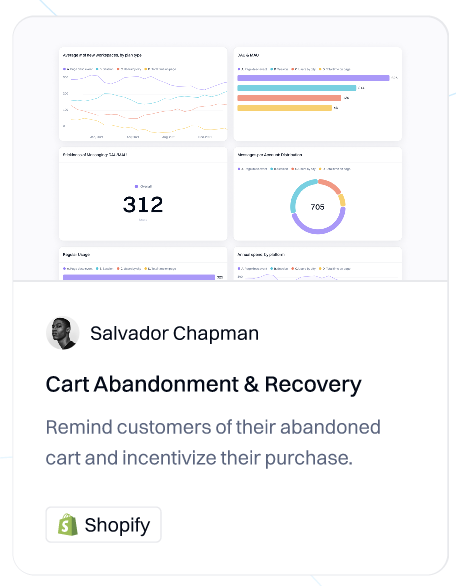
Signing up for Intempt
After clicking on the Install app button, you will be redirected to Intempt where you will be asked to log in. If you do not have an account with Intempt, you will have to create a new one. To do so, first, provide your email address and password.
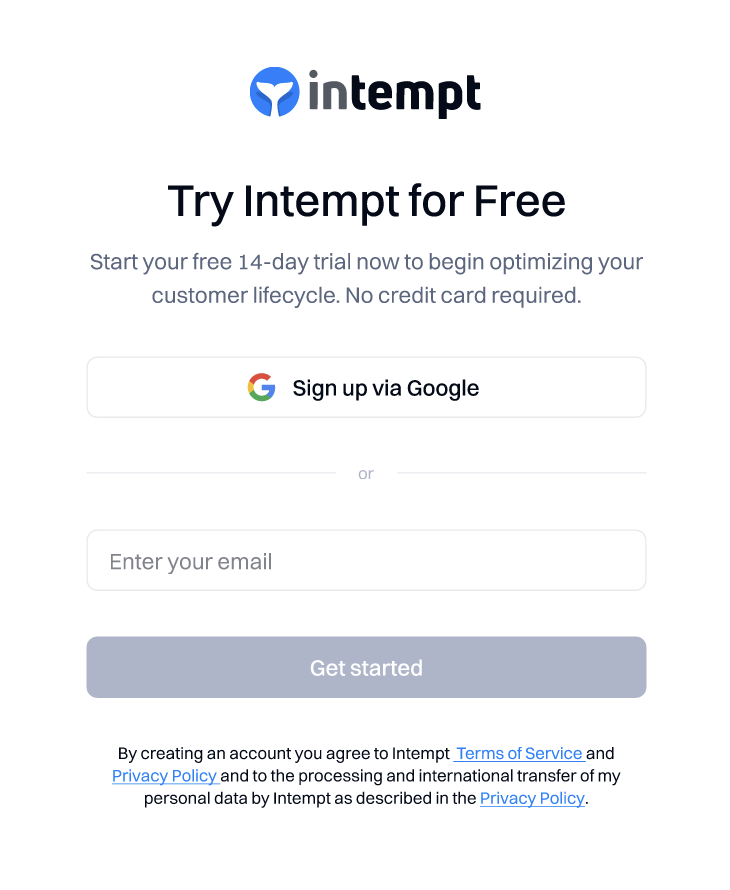
Afterward, you will have to provide your name, Organization, and Project names. Additionally, set up your time zone.
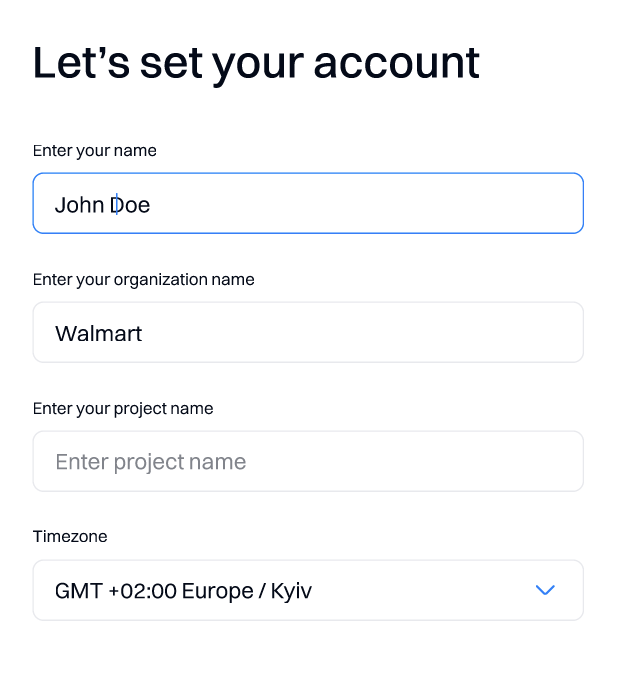
As you are creating an account from Shopify, your billing will be based on Shopify Billing APIs. Thus, in order to estimate the cost of your subscription, move the slider in accordance with your MTU usage.
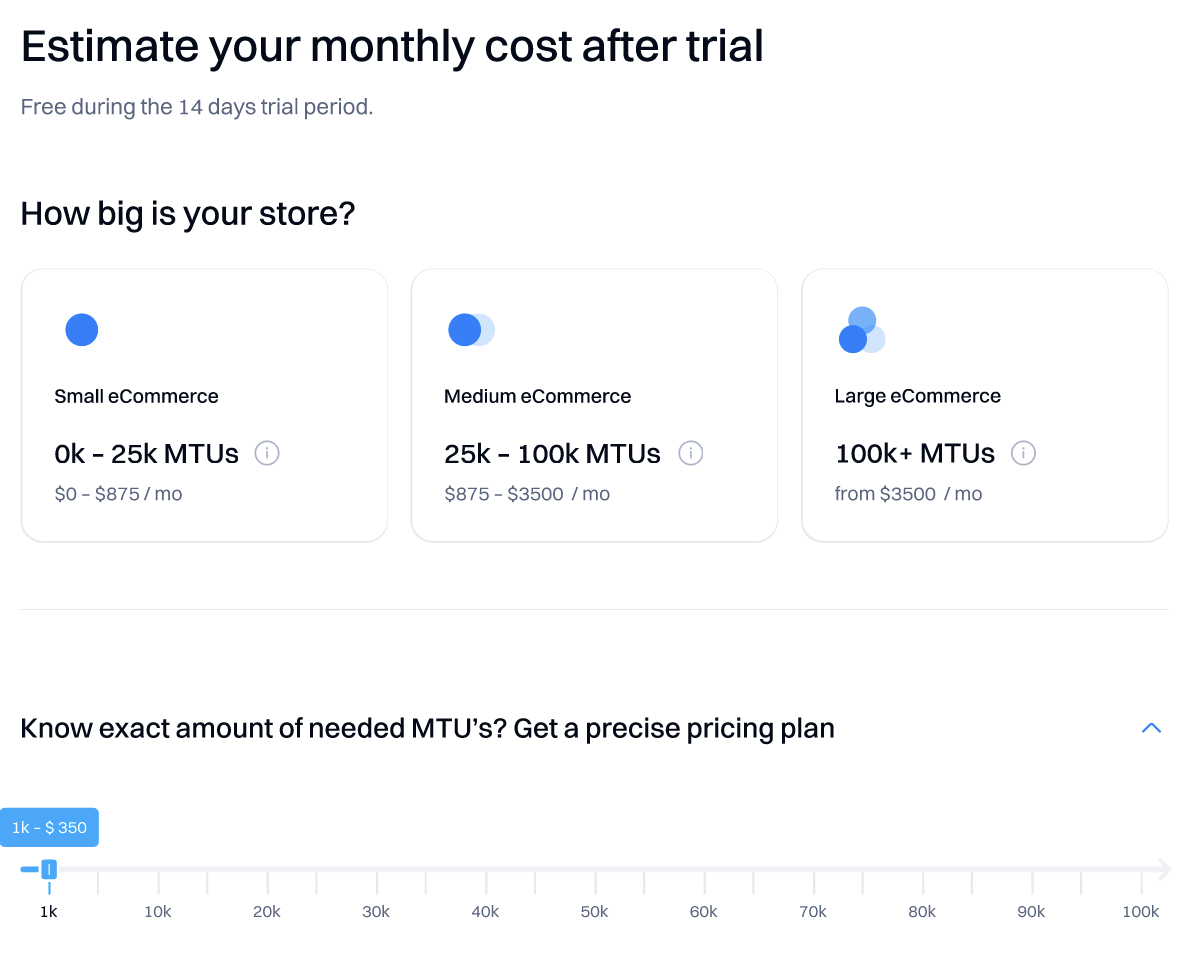
After clicking the Start free trial button a Shopify source will be created with a default syncing interval of 1 hour. From there onwards, the data will be incoming from your Shopify integration.
Billing
When creating an account from the Shopify account, you are initiating the Shopify billing APIs, meaning that all of the billing is going through Shopify. After starting Intempt, you will be provided with a 14-day free trial. Once the trial has ended, you will be charged $0.035 per monthly tracked user and Shopify will be generating invoices to be paid for the subscription.
NOTE: Apps that use Shopify's Billing API have higher free-to-paid conversion rates because charges originate directly from Shopify.
Based on your selected billing plan, you will be invoiced either monthly or annually.
Cancelling the subscription
As a customer of Shopify and Intempt, you have the full right and obligation to cancel your subscription.
NOTE: In order to cancel your subscription, you need to pass the 14-day free trial, otherwise, it is not possible.
To cancel your subscription, navigate to your Shopify account. From there, consider following the steps:
- From your Shopify admin, go to Settings > Plan.
- Click Deactivate store.
- If applicable, review the options to switch to the Pause and build plan, or start a new store.
- If you still want to deactivate, then click Deactivate store.
- Select a reason for the deactivation, and then click Continue.
- Enter your password, and then click Deactivate now.
You receive an email to confirm that your store's deactivated. You can still re-open your store or view your past bills, and your store's information is guaranteed for 2 years.
NOTE: After store deactivation though, you will not be able to use Intempt up until you renew your subscription in Shopify.
Creating objects
Once the Shopify app integration has been configured and the Shopify source automatically created, in order to fully start using your integration, you need to manage your data by configuring events and segments.
Creating events
From the Events object, select the automatically created Shopify source and the desired Collection data field. Once done so, provide the desired operators so that the created event would only be triggered based on your defined conditions.
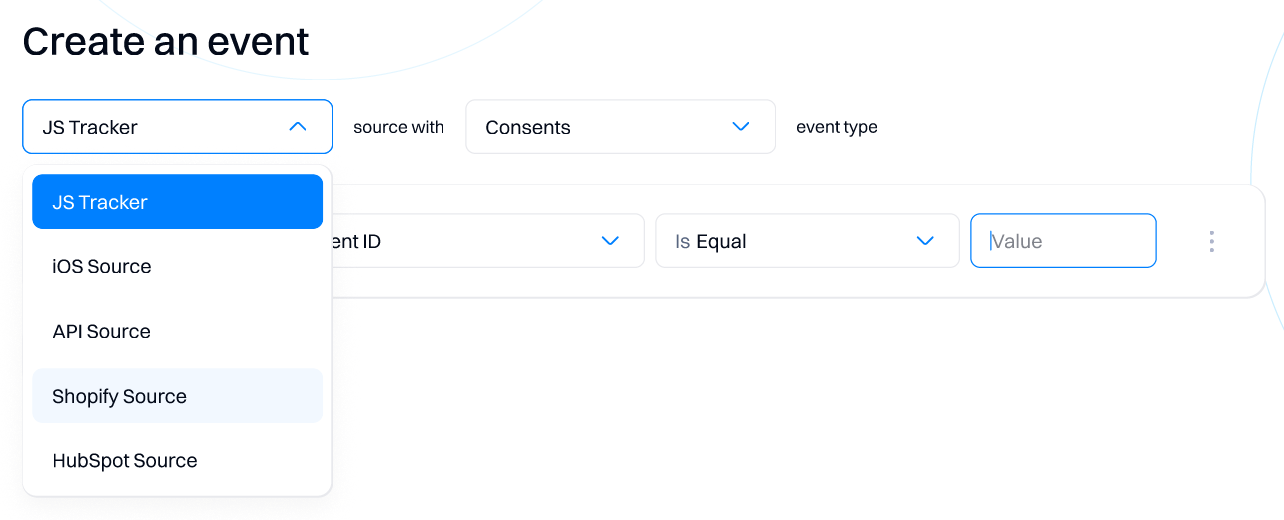
Creating segments
Once the event has been created, you need to funnel your user actions and users by specific traits. For example, you have 100 users who are randomly distributed in terms of gender, source, actions, and spending manners. In the Segment editor simply select the created Shopify source-based event and provide the value for the Segment.
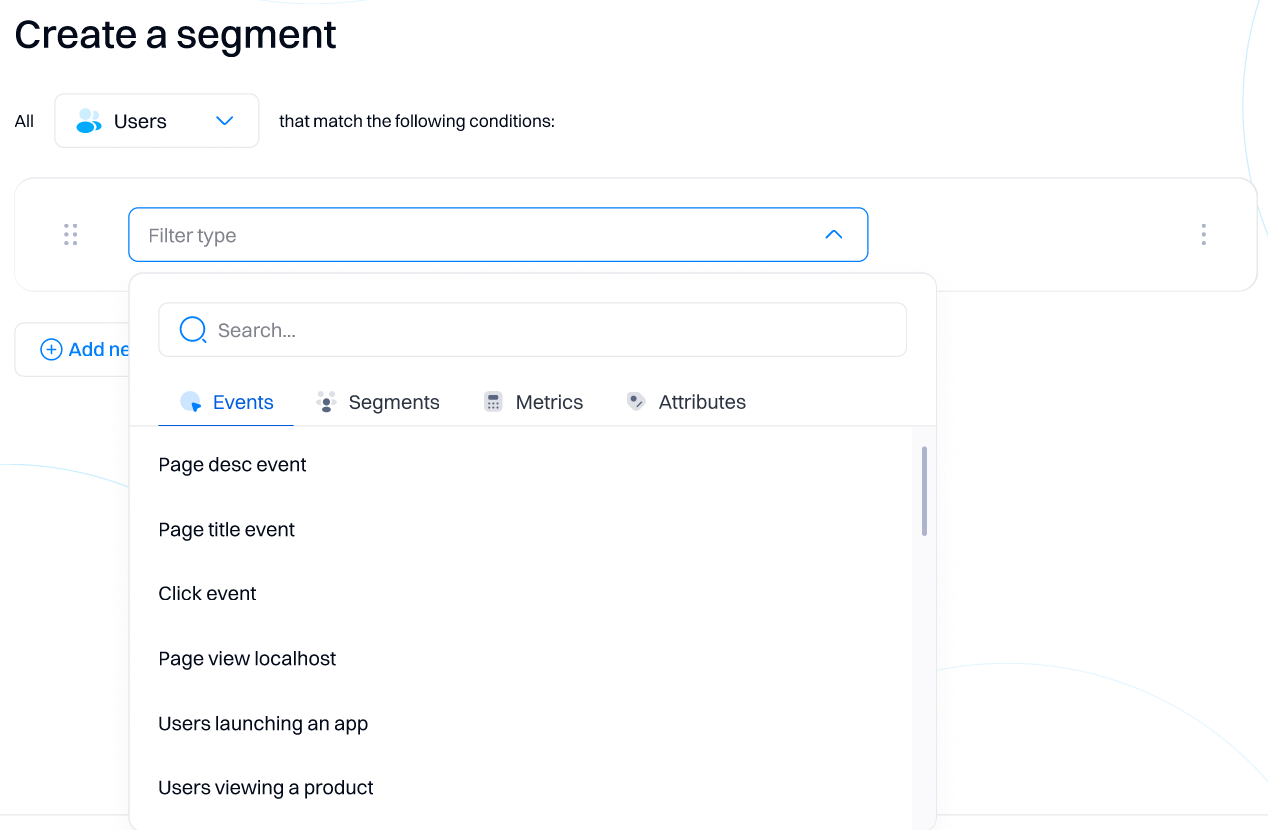
Creating metrics
Once the Shopify integration has been successfully incorporated, users have also the ability to create metrics in Intempt from the templates, such as Total weight, Total price, Total number of orders, etc.

After selecting the desired Shopify metric template you will be asked to select the created Shopify source to sync with for metric creation. Once the source has been selected, you will be presented with the metric configuration, which you can change as you desire or leave it as it is.
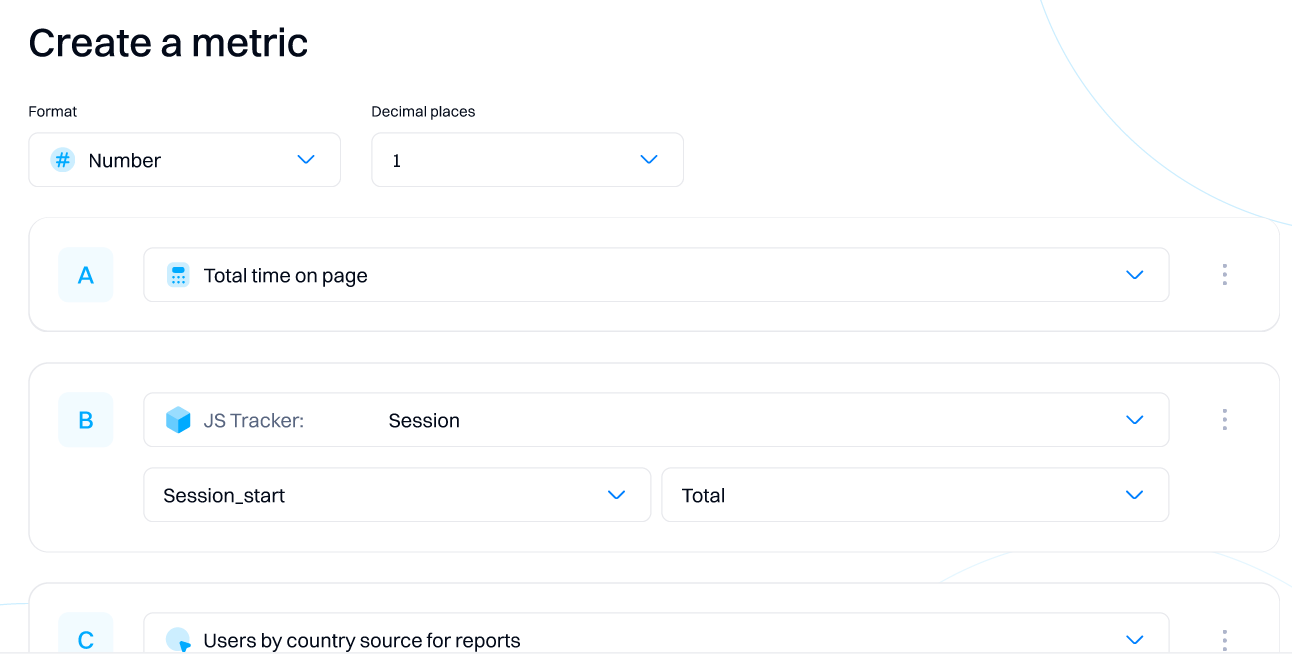
Creating journeys
Shopify integration allows you to create a new journey from the predefined templates. To do so, when creating a new journey, simply select the Shopify connector journey template.
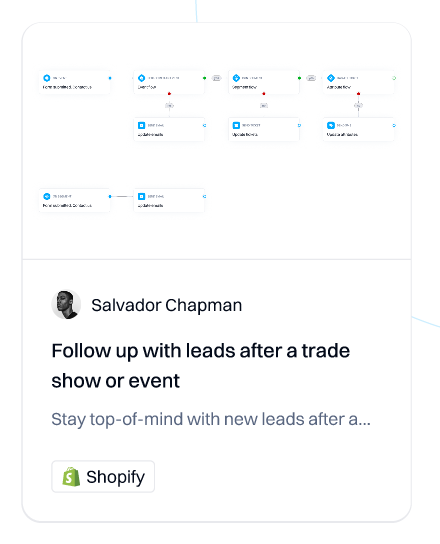
Once the journey template has been decided on, you can preview it, see the full description of it, and access the components of the journey.
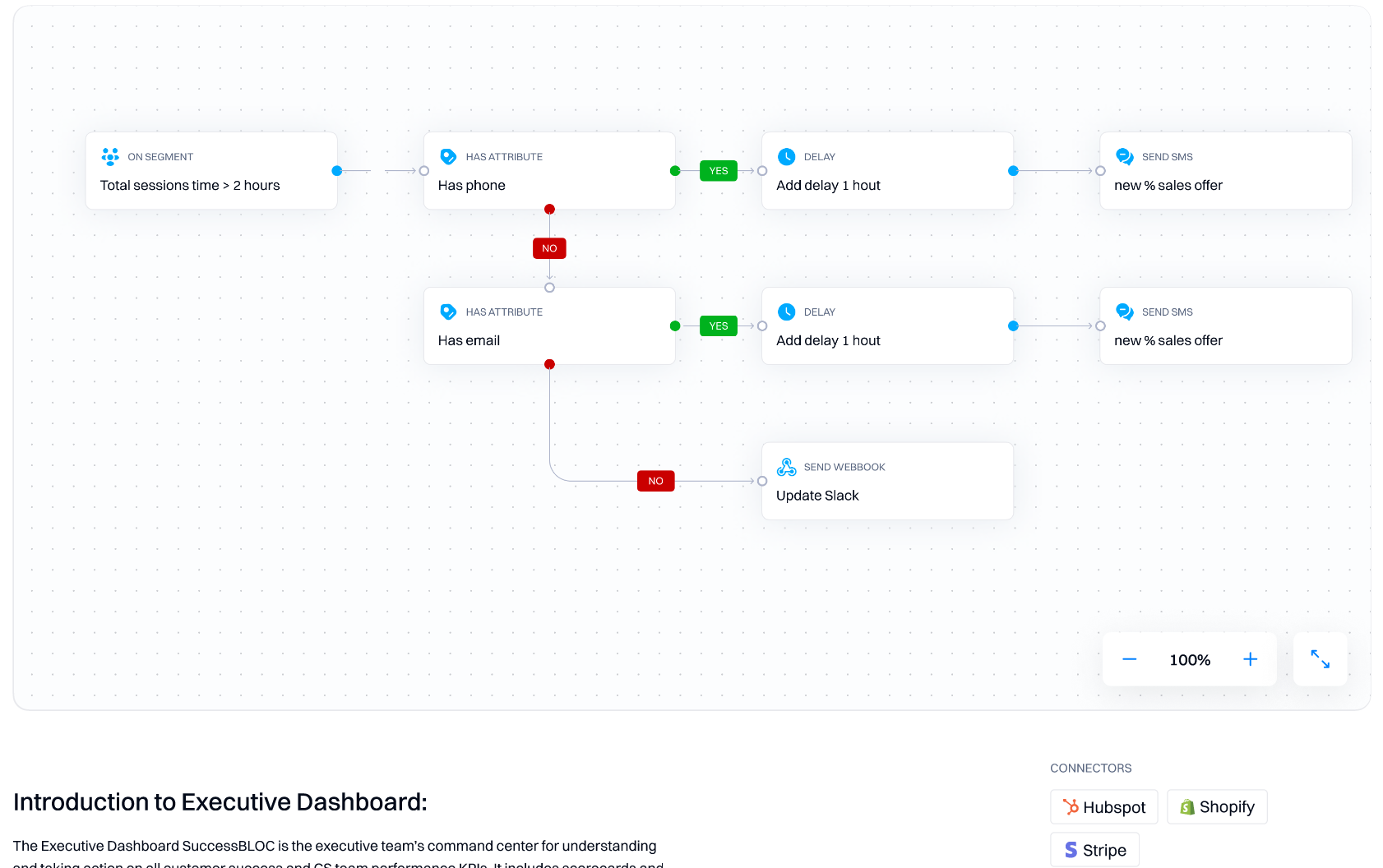
After selecting the template, the journey will be created with all of the journey components placed into the journey canvas and configured.
Creating growth boards
Growth boards allow you to group multiple Reports and Lists together in order to tell a more comprehensive story with your data from a single place. This means you're not limited to 1 graph or table when creating a presentation or digging into your data. Shopify app integration allows you to consolidate Shopify source data in Intempt. To do so, when creating a growth board, select one of the Shopify-connector growth board templates.
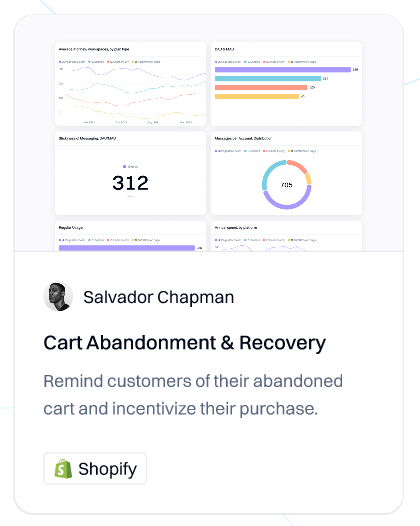
Once the growth board template has been decided on, you can preview it, see the full description of it, and access the components of the growth board.
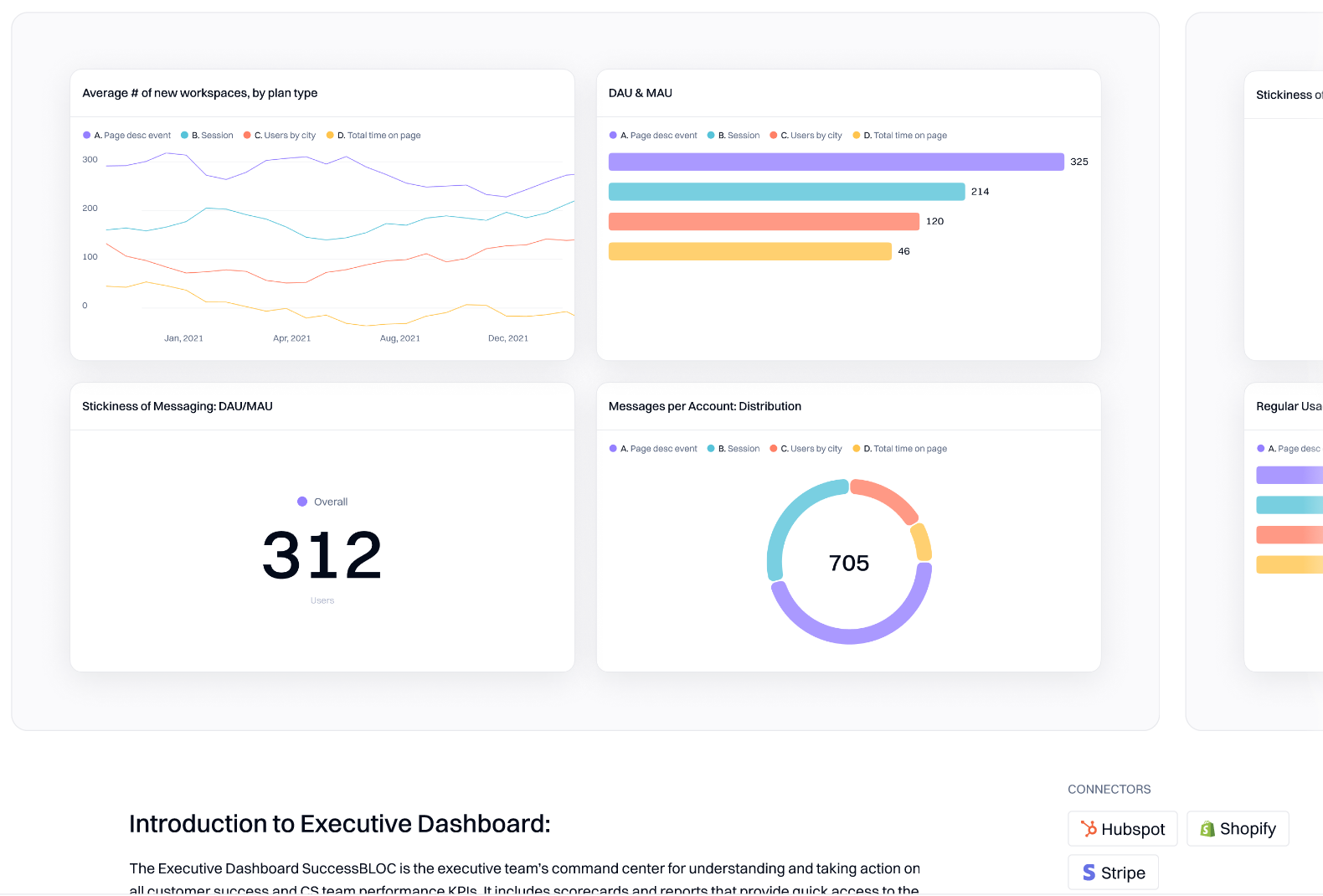
After clicking the "Use template" button you will be requested to select the desired Shopify source to connect to. Once connected, the Growth board will be created and it will be showing you the most recent data based on the connected source.
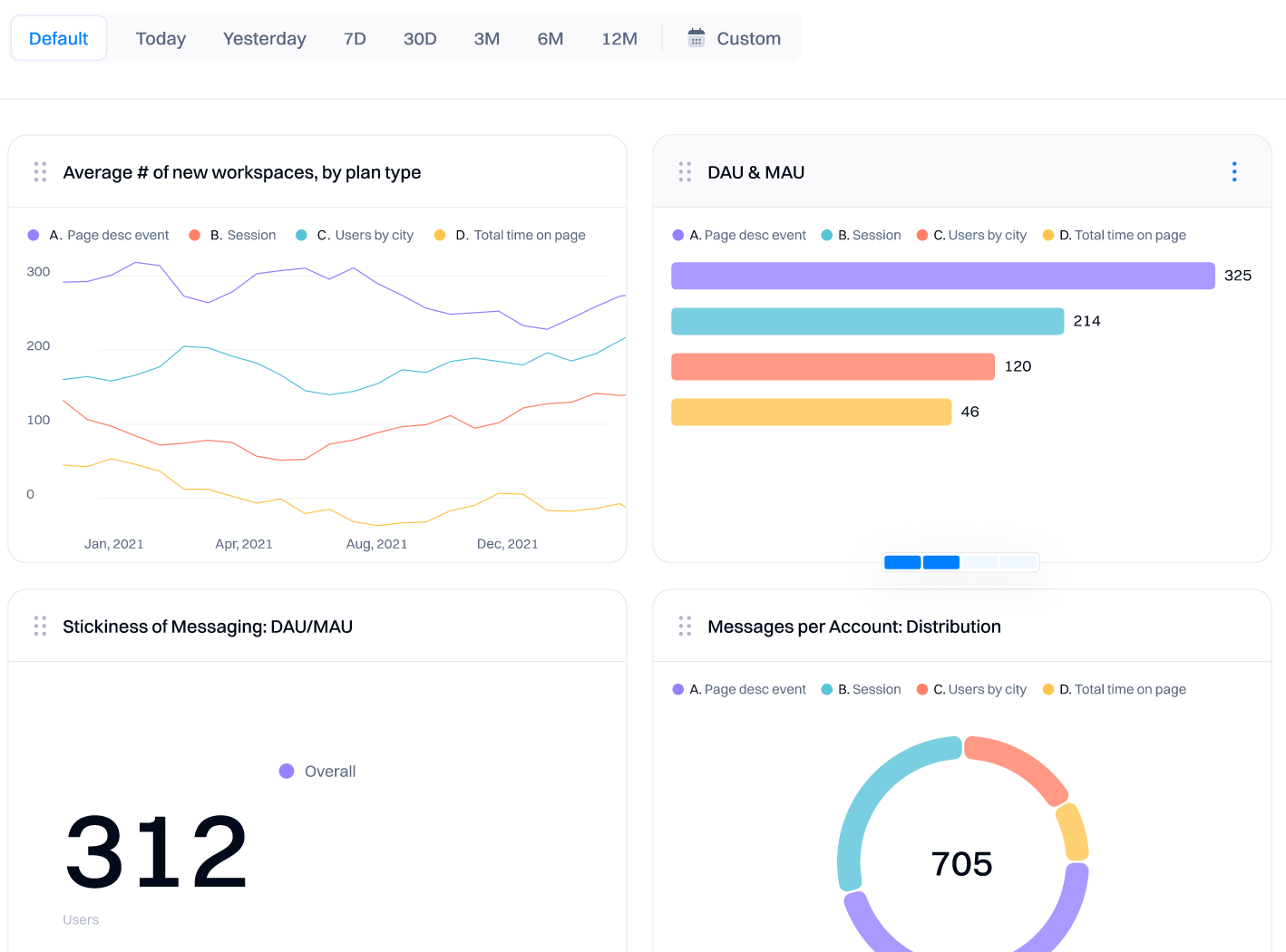
Updated over 1 year ago